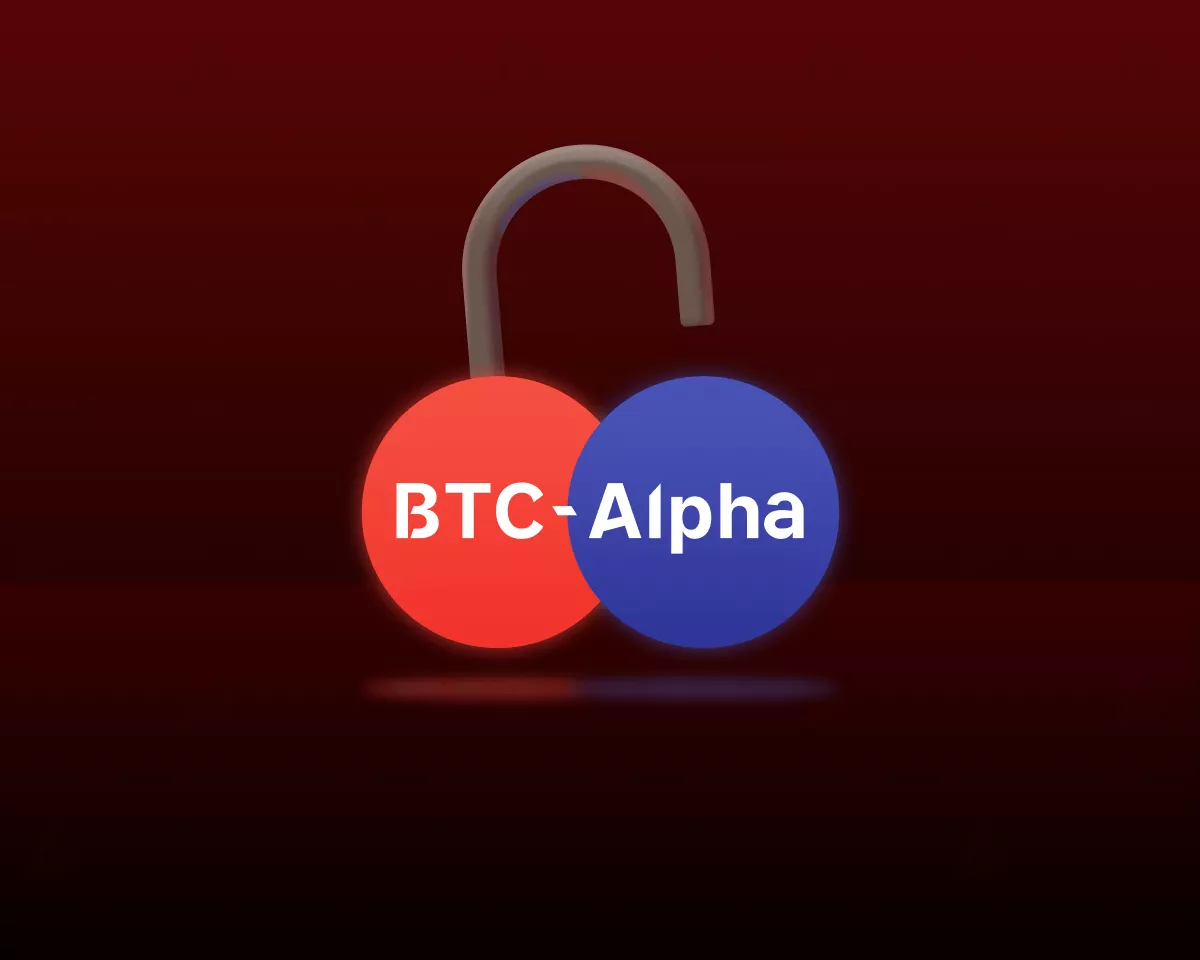The SEC is expected to decide on the applications for spot Ethereum ETFs this week. But that’s not even the most important thing happening in Washington right now.
Later this week, the SEC is going to decide on the fate of spot Ethereum ETFs.
The market is full of mixed messages on whether to expect approval or a denial. You might think I’m waiting with bated breath for the decision. But actually, there is a bigger story happening in Washington right now that will reshape crypto’s trajectory for years to come. And while it makes me slightly uneasy (for reasons I’ll cover below), it is a massive positive catalyst that I think will lift crypto to new all-time highs, regardless of what happens with Ethereum.
Let me explain.
The Vote Heard Round the World
Late last week, something remarkable happened in Washington: A bipartisan group of senators and representatives passed the first pro-crypto piece of legislation in Washington’s history.
Better yet: They did it despite a potential veto threat from the White House.
Here’s why it’s so bullish for crypto’s future.
What Happened
In April of last year, the Securities and Exchange Commission (SEC) issued something called “Staff Accounting Bulletin No. 121” (or SAB 121). The bulletin made it effectively impossible for Wall Street banks to custody crypto assets on behalf of clients.
Specifically, it said that if a bank offered crypto custody services, it would have to treat those custodied crypto assets as a liability on its own balance sheet. In other words, if a bank took in $1 billion of bitcoin to custody, it would have to find $1 billion of its own cash to balance it out. If the price of bitcoin then doubled, it would have to find another $1 billion to keep up.
This is absurd. It’s not how custody works for any other asset. After all, the assets held in custody don’t belong to the bank; they belong to the customer. It makes no sense to treat them as a liability.
It also makes it economically impossible for banks to provide custody services. Crypto custody fees are less than 1% per year, while borrowing cash costs 5-7% per year. You can’t make the numbers work.
This is why crypto custody services today are only offered by entities regulated as state trust charters, like Coinbase Custody Trust Company LLC and Fidelity Digital Assets, and not by banks. It’s also why all the big banks—like Bank of New York Mellon and State Street—stepped away from plans to build crypto custody businesses over the past year.
It’s just a terrible rule. It’s bad for banks, bad for crypto, and bad for investors, as it makes crypto custody more expensive and less secure than it would otherwise be.
Making matters worse, the SEC didn’t follow standard rule-making procedures when implementing SAB 121. The SEC is supposed to adhere to a formal process when implementing new rules, including an open comment period that allows the public and industry to provide views. The SEC skipped this process and instead tried to sneak SAB 121 in under a lower “non-rule” standard.
In October 2023, the Government Accountability Office—an independent, nonpartisan federal agency that acts as a congressional watchdog—called foul, declaring SAB 121 a “rule” and saying that the SEC should have followed the standard process. This opened things up for congressional review, and it’s what led to the historic bipartisan vote last week.
How a Pro-Crypto Bipartisan Caucus Emerged
So how exactly did a bipartisan consensus emerge to oppose SAB 121? Democrats have historically been aligned behind the SEC and against crypto, which is why no crypto legislation has ever passed in Washington. What’s changed?
The simple answer: money.
The record-setting launch of bitcoin ETFs woke Wall Street up to the reality that there is a lot of money to be made in custodying crypto assets. They don’t want crypto-native startups to have all the fun!
I’m not just guessing about this. In February, after the record-setting ETF launch, a coalition of bank lobbying groups—the Bank Policy Institute, American Bankers Association, Securities Industry and Financial Markets Association, and Financial Services Forum—jointly issued a letter to the SEC opposing SAB 121. As I wrote on X/Twitter at the time, “If you were wondering if bitcoin ETFs were going to change the tone around crypto regulation in Washington, here's your answer.”
This support from Wall Street is why Chuck Schumer (D-NY), the Democratic Senate Majority Leader, voted to overturn SAB 121. Wall Street is far and away the largest industry donor to Schumer’s campaign fund.
Schumer was not alone. He was joined by 10 other Democrats in supporting the bill in the Senate; 21 Democrats voted for it in the House. That support is all the more remarkable considering the Biden Administration took the rare step of announcing plans to veto the bill before it even passed.
The Wall Street lobby was so strong—or, if you prefer, the logic of overturning the bill was so clear (I’ll let you make your own interpretation)—that Democrats felt okay bucking their president.
Wow.
The Emerging Alliance Between Wall Street, Crypto, and Washington
The reason this matters has nothing to do with crypto custody. No one really cares if Wall Street giants offer crypto custody. It would be nice to have more competition and more familiar names, but the custodial choices we have today in crypto are already pretty good.
The reason this matters is it signals a much bigger trend: the emerging alliance between Wall Street, crypto, and Washington.
You can see evidence of this alliance everywhere. It drove the overturning of SAB 121, obviously. It contributed to the approval of spot bitcoin ETFs, which was aided by BlackRock entering the fray. And it’s why, as I wrote two weeks ago, I’m increasingly confident we’ll see comprehensive stablecoin legislation pass Congress later this year.
Wall Street is not going to stand idly by while Tether makes more money than Goldman Sachs.
This is not a perfect alliance. Wall Street doesn’t care about crypto’s values, like permissionless finance or the ability to hold wealth in a self-sovereign format. But that may not matter. These small steps forward—whether custody or stablecoins—will open the door to further gains.
If Wall Street cares about crypto custody, the things that increase demand for crypto custody—like more ETFs—become more likely. If Wall Street cares about stablecoins, the things that increase demand for stablecoins become more attractive. Compared to the overt hostility we’ve faced from D.C. over the past decade, this is huge progress.
Our overarching view at Bitwise is that crypto is in the process of going mainstream, and that this progress will push crypto to all-time highs.
This newfound support for crypto in D.C.—whether we get the spot Ethereum approval or not—is the latest proof point.

















